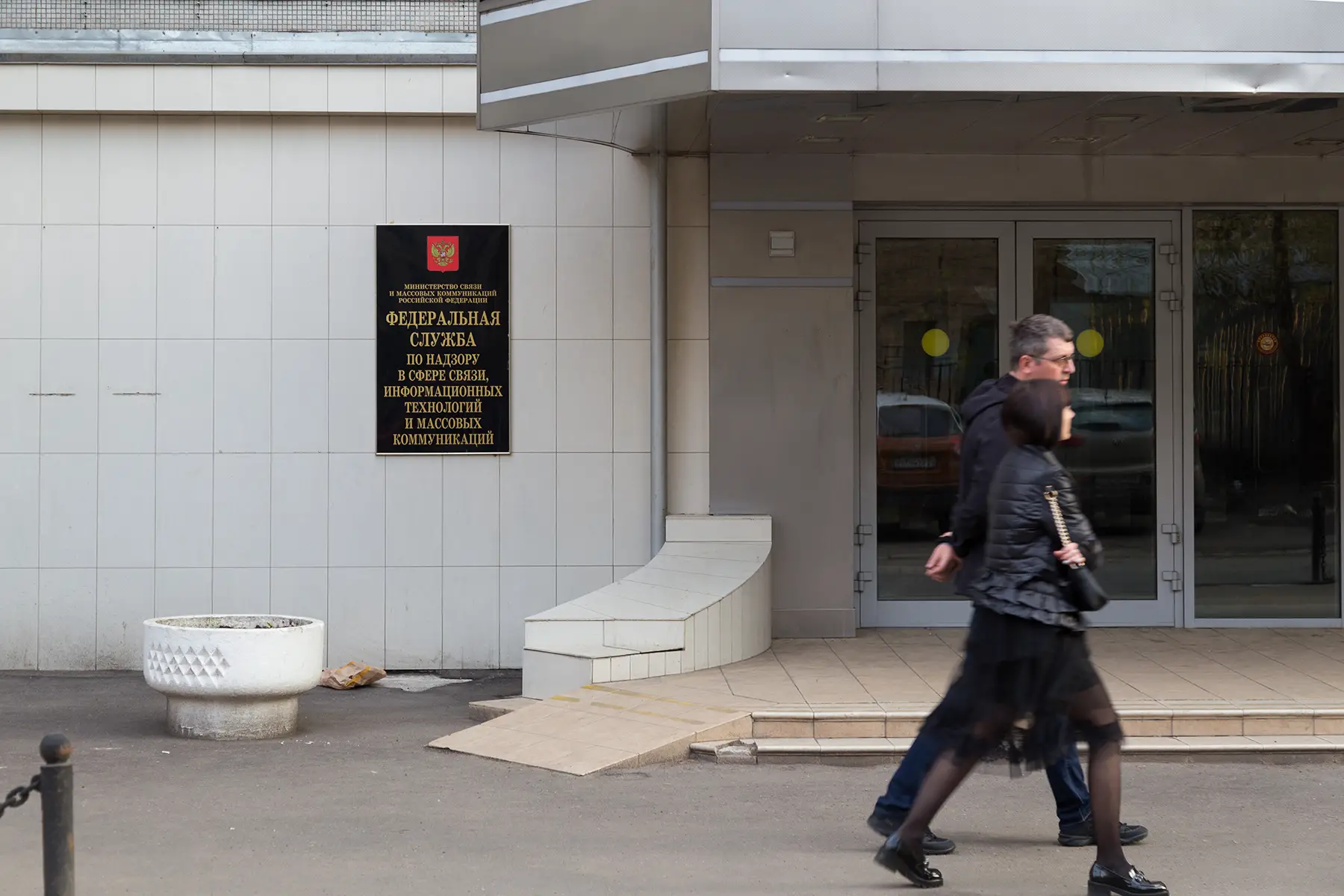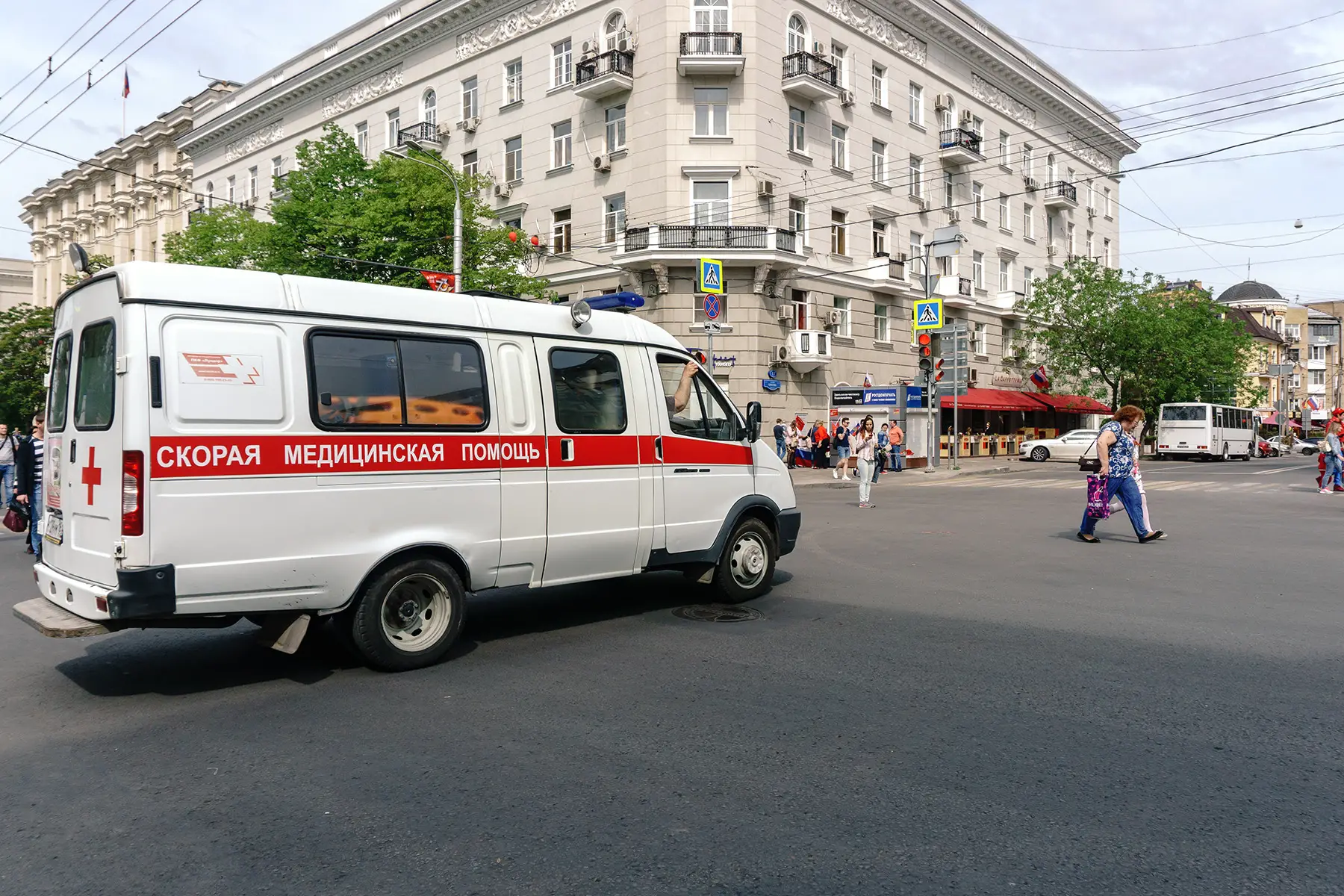Important notice from the Editor in Chief
Maintaining our Russian site is a delicate matter during the war. We have chosen to keep its content online to help our readers, but we cannot ensure that it is accurate and up to date. Our team endeavors to strike the right balance between giving information to those who need it, and respecting the gravity of the situation.
Once you’ve found somewhere to live in Russia, you need to connect your home to the outside world. During your first week in Russia, you’ll need to arrange your utilities and sort out an internet connection. You might also want to set up a TV and landline telephone.
It can be challenging to find English-language pages on most providers’ websites. Unless you speak Russian, you may need the help of a Russian speaker or translator to set up your internet and TV. Therefore, it’s usually a good idea to start researching your options at least two weeks before moving in. Read on to find out about:
Communications in Russia
If you’re renting an apartment in Russia, you might find that broadband internet and a TV subscription are included in your rent. However, if you need to arrange your own telecommunications, you’ll find that most providers offer a package that includes TV, telephone, and broadband internet. It’s also possible to combine mobile deals with your home internet and TV packages if bought from the same provider. Do some research online before signing up to ensure you find a package that suits your needs.

When doing your research, make sure you use providers’ websites for the region of Russia you’re moving to. Companies offer slightly different packages depending on the infrastructure available. For example, Megafon provides seven home internet deals in Moscow and Saint Petersburg, but this number drops to just one in other regions. Prices also vary.
When using the internet in Russia, you might find certain websites limited or blocked – either temporarily or permanently – by the local authorities. Freedom House describes Russia’s internet as ‘not free‘ and, indeed, the state has limited access to Twitter and other media outlets as part of a crackdown on ‘foreign agents’ that fuel opposition action and criticism of the government. Individuals have also faced charges for posts or reposts that the authorities found unacceptable, such as encouraging protests.
Getting connected in a new home
One of the first things to do when you arrive in Russia is to set up an internet connection, and possibly a landline phone and TV. How you do this depends on your household situation.
If you’re renting an apartment in Russia, you might find that Wi-Fi, TV, and a landline phone are included in the rental agreement. However, in many cases, you will need to set this up yourself. Check with your landlord to find out whether you need to find your own internet and TV provider.
If you buy a property, you will need to set up your own connections. You’ll need to check whether your new home has a working phone line. If not, you’ll need to contact a telecoms provider to install it. For example, Rostelecom allows you to do this via their website, by telephone (8 800 1000 800), or at one of their branches. You will need to explain which services you need in your home and give your address, identification, and contact details.
Getting a landline telephone in Russia
Like many countries, landline phones are not as popular in Russia as they once were. In 2019, only 37.2% of homes used a landline phone, compared to 49.1% three years earlier. That said, a landline connection is helpful if you want to access the internet, even without a phone.
Two of the leading providers of home phone (domashny telefon, домашний телефон) services are Rostelecom and MGTS (МГТС). Contracts cost 200 – 900 ₽ per month, but it’s also possible to get a contract that includes TV and internet, which can save you money.
How do I set up a phone connection in Russia?
Providing you have an existing, operable phone line in your Russian home, setting up your phone connection is relatively straightforward. Once you’ve chosen the company and the tariff that works for you, you’ll need to contact your new provider. You typically need to provide the following information:
- proof of your address,
- contact name
- contact number
- email address.
- passport and/or migration card
- payment details (typically a from Russian bank account)
The operator will then arrange for a technician to visit your home to connect your service. Alternatively, they may send you the necessary information so you can connect the service yourself. You will need to sign a contract before installing the service and equipment.
International and regional dialing codes in Russia
Russia’s country code is +7 or 007, which you place before the rest of the number when calling from outside the country or from a foreign number. Russian numbers have ten digits. When calling any number in Russia, you dial 8, followed by this ten-digit number.

Each city has an area code – Moscow‘s are 495, 499, 496, and 498. Mobile numbers begin with 9.
Setting up the internet in Russia
84% of Russian households have internet, less than in the EU, where 92% are connected. Depending on where you live in Russia, you might experience variable broadband speeds. Larger cities have good broadband coverage and excellent 4G networks. On the other hand, remote areas experience poorer coverage and slower internet speeds. When it comes to internet, you can either use a router with a 4G SIM card, plug it into the telephone line, or in some areas, fiber-optic cables.
Some of the major companies offering home internet in Russia are:
- Beeline (Билайн)
- Megafon (Мегафон)
- MTS
- Rostelecom
In 2022, you can expect to pay 500 – 1000 ₽ for an internet-only deal, but you can save money by combining home internet with other services, such as TV and mobile internet.
How do I set up an internet connection in Russia?
Your first step to connect to the internet in Russia is to choose your provider and tariff. This may be the same provider as your home phone line if you are taking advantage of a package deal. Connection processes vary between companies. Be aware that you may need a technician to visit your home.
Generally speaking, your provider will send you a router and other information related to setting up your connection. You can either buy the router or rent it monthly. Some companies offer a 4G router with a SIM card, which you can use as soon as you receive it from the company – simply plug it into a power supply.
However, a 4G router is not for everyone – some areas of Russia don’t have 4G coverage, so it’s worth using a fixed-line connection. In this case, you’ll still receive a router from your internet provider, but a specialist will get you connected. This takes longer than a router with a SIM card, especially if you need to connect a phone line to your home.
VPNs in Russia
Recent years have seen several websites blocked on Russian internet. Prominent among these have been LinkedIn, some YouTube channels, and DailyMotion. Bans can happen unpredictably, so it might be worth investing in a VPN (Virtual Private Network) if you need consistent access. Another benefit of a VPN is that it increases privacy, preventing your service provider from viewing your activity. It also protects you on unsecured networks such as public Wi-Fi.
A major draw of VPNs is that they make your internet connection appear as though you were in another country. This means you can watch your home country’s TV channels and catch-up services online. VPN providers you can use in Russia include:
Setting up Russian TV
Russia has no mandatory TV license, but it is possible to access satellite television, cable, terrestrial, and streaming services. There are around 3,330 TV channels available in Russia, and most are controlled at least in part by federal or local government.
To set up your TV connection, you first need to choose a provider. Many internet companies also offer TV packages, so you can save money by bundling these services together. Most companies have a tool online to check whether their service is available at your address. Depending on what type of TV you use, you might need to rent a set-top box and other equipment. Some providers will also send a specialist to help you set up your TV. Companies offering TV include:
- MTS (МТС)
- Rostelecom (Ростелеком)
- Tricolor
Russian TV channels
Most channels in Russia are state-owned, at least in part. There are also many private channels and regional channels. Most homes can access 20 channels for free, which include the main federal broadcasters, news, and kids’ shows. It’s also possible to receive digital TV, satellite TV, and streaming services.

If you buy a package with digital TV, you’ll reach a broader range of channels. Several providers offer around 200 channels – for example, Rostelekom includes 186 channels in many of its TV-internet bundles. These bundles cost 650–1100 ₽ per month.
It’s possible to access some international channels with satellite or digital TV. While you probably won’t be able to watch all the channels from your home country, many providers have international news channels such as BBC World News and CNN International. Some also offer a limited selection of foreign sports channels – most European and international fixtures are broadcast. There are even satellite providers showing NFL games, and services like Okko allow you to stream fixtures from all over the world.
Telecommunications bills in Russia
You’ll usually be billed monthly for your phone, internet, and TV. Depending on whether you’ve opted for an all-in package, you might make one payment or several. You can make payments through your account with the provider, with your Russian bank account via the internet, or at a payment terminal. It’s usually possible to set up auto payment for your subscription. You can also sometimes check your balance by dialing a code from your mobile phone – check with your provider to find out your code.
If you fall behind on bills or don’t pay within a month, your provider will disconnect your service. Some companies also add a penalty to unpaid bills, which you need to pay before turning your connection back on.
Making a complaint about a Russian telecommunications company
If you have problems with your Russian phone, internet, or TV, your first option is, of course, turning it off and on again. Should that not work, check your payments are up to date, that your equipment is free from damage and properly connected. If you still cannot fix the issue, contact your provider. They should be able to resolve the issue. However, if they do not respond to your complaint or fail to fix the problem, there are other options.

Russian internet and other telecommunications are supervised by the Federal Service of Communications, Information Technology, and Mass Media (Roskomnadzor, Роскомнадзор). Visit their website to find out how to file an appeal.
Useful resources
- Rozkomnadzor – Russian telecoms authority







